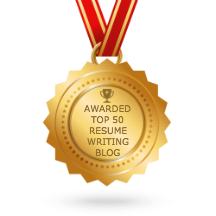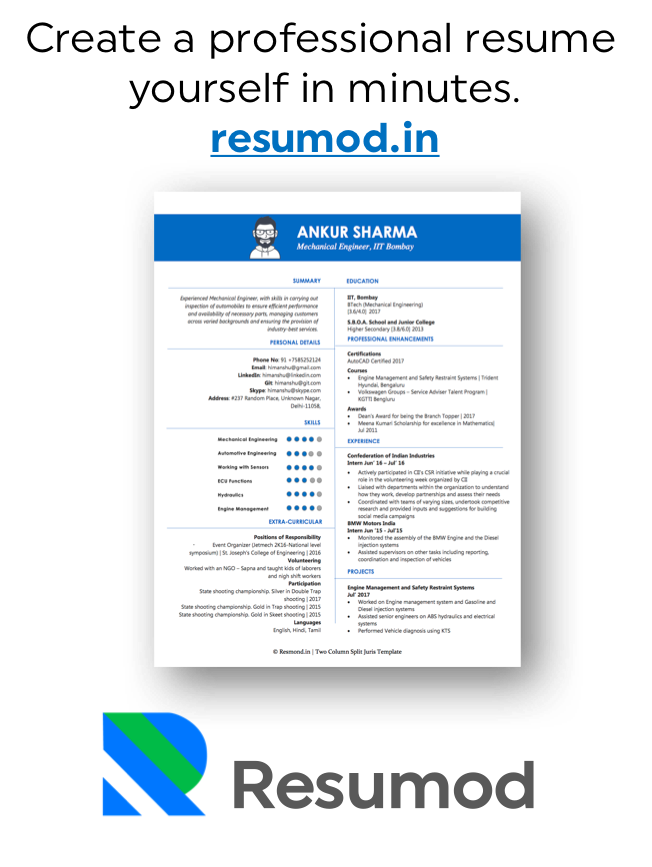Some of the brightest professionals don’t get shortlisted. Some of the most competent leaders don’t hear back after applying. And often, the people who are the most skilled, experienced, and capable struggle to put it into words.
This is the resume paradox – when the most qualified candidates unintentionally undersell themselves on paper.
At Get Set Resumes, we have seen it time and again. Senior professionals with rich careers, international experience, and leadership achievements struggling to present a resume that reflects even half of what they bring to the table.
So why does this happen?
Let us explore the reasons behind the paradox and how you can overcome it.
Experience Creates Blind Spots
The longer you work in a field, the more natural certain tasks become.
You stop viewing them as achievements and start seeing them as just ‘part of the job.’
Take a project manager, for example. Successfully delivering a complex project under budget and ahead of schedule is a major accomplishment. But if you have been doing it for years, you may no longer see it as noteworthy. You assume it is expected.
This leads to resumes filled with roles and responsibilities – but very few measurable outcomes or impact statements.
And that is where the problem begins.
Confidence Is not the Same as Communication
Many experienced professionals are confident in their work but uncomfortable when it comes to self-promotion. They may fear sounding arrogant or overselling their achievements.
This hesitation often shows up in language:
- ‘Assisted in team management’ instead of ‘Led a team of 12 across 3 regions’
- ‘Worked on sales strategy’ instead of ‘Contributed to a 15% increase in revenue through revised sales approach’
The result is a resume that plays it safe. And safe resumes don’t stand out.
Remember: confidence on paper is not arrogance. It’s clarity.
Lack of Resume Strategy
Writing a resume isn’t just about listing what you did. It’s about curating what’s most relevant to the role you want next.
But most candidates use the same resume for years, adding one more job every time they change roles, without revisiting the structure or content.
This often leads to cluttered, outdated, or overly generic resumes that do not reflect current goals or industry standards.
If your resume is still written in the format you used 7 years ago, it’s likely underrepresenting your value.
Too Much Humility, Not Enough Impact
Professionals who believe in ‘letting their work speak for itself’ often carry that belief into their resumes.
While humility is a virtue, it has no place on a resume. Recruiters don’t have the time to read between the lines or make assumptions. If the impact isn’t visible, they’ll move on.
Statements like:
- ‘Handled customer escalations’ miss the opportunity to say:
- ‘Resolved 95% of customer escalations within 24 hours, improving satisfaction ratings by 20%’
You are not just describing what you did – you are proving how well you did it.
The Resume Is not Built for the Reader
Most resumes are written from the candidate’s perspective: ‘What I’ve done, where I’ve worked, what I know.’
But recruiters and hiring managers are looking for one thing: ‘How can this person solve my problem?’
This gap in perspective causes even the most capable candidates to miss the mark.
An effective resume speaks directly to the needs of the role. It connects your past achievements to the employer’s future goals. And it does so clearly, confidently, and concisely.
What Does an Underselling Resume Look Like?
Here are a few signs your resume may be underplaying your worth:
- No numbers or data to show results
- Bullet points that describe tasks, not outcomes
- Overuse of passive language (‘involved in,’ ‘responsible for’)
- Generic summaries with no tailored value proposition
- Lack of alignment between your resume and your target role
These may seem like small issues, but collectively, they weaken your positioning.
How to Correct the Resume Paradox?
If you suspect your resume is not doing justice to your experience, here is how to fix it:
Step Outside Your Role
Ask yourself: If someone else had done all that I have done – how would I describe them on paper?
This shift in perspective helps you identify accomplishments you have been overlooking.
Focus on Results
Every task you list should ideally answer:
- What was the result?
- How did it help the team, business, or customer?
Even if you were not in a revenue-generating role, your work had an outcome. Make it visible.
Use Clear, Active Language
Use strong verbs like led, improved, streamlined, increased, launched, built, solved.
Be specific and direct. Avoid vague or filler phrases.
Align with Your Future Role
Customize your resume for the job you want – not the job you have.
Highlight experiences that are most relevant to the role you are targeting. Eliminate details that add no strategic value.
Get a Second Set of Eyes
Sometimes, we are too close to our own story to tell it Well.
Working with a resume expert can help uncover your strengths, frame your impact, and present your profile in the best possible light.
Final Thoughts
In today’s competitive job market, qualifications alone are not enough.
Your resume is your first impression. It needs to reflect your value, not just your duties.
At Get Set Resumes, we specialize in helping professionals break out of this paradox. We do not just write resumes – we translate experience into opportunity.
Because the right words on the right document can change the course of your career.





